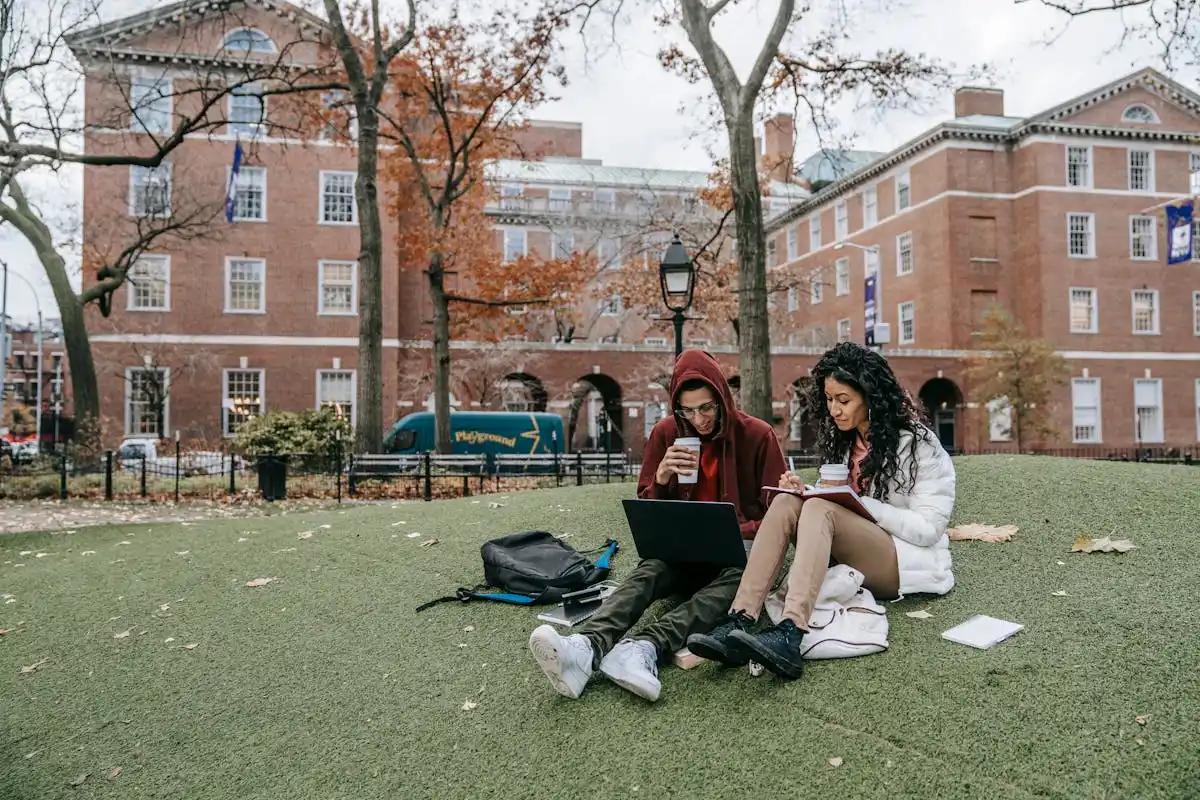Overcoming Culture Shock: Adapting to Life as an International Student
Moving to a new country for education brings exciting opportunities and challenges. While you've likely prepared academically for your international studies, the cultural adjustment process can be equally demanding. This guide offers practical strategies to navigate cultural differences and thrive in your new environment.
Understanding Culture Shock
Culture shock is a normal psychological response to unfamiliar surroundings and customs. Recognizing its phases can help you manage the experience:
The Honeymoon Phase
Initially, everything about your new country seems exciting and fascinating. You're enthusiastic about exploring and experiencing new things.
The Crisis Phase
After a few weeks or months, differences become more apparent and frustrating. You might experience:
• Communication difficulties
• Homesickness
• Confusion about local customs and expectations
• Feelings of isolation or inadequacy
• Physical symptoms like sleep disturbances or appetite changes
The Adjustment Phase
Gradually, you begin to understand cultural patterns and develop coping strategies. Daily life becomes more predictable and manageable.
The Adaptation Phase
Eventually, you become comfortable navigating between your home culture and host culture, appreciating aspects of both.
Practical Strategies for Cultural Adaptation
How IOES Helps YouAchieve Your Dreams
- Personalized university and program matching based on your profile and aspirations
- Expert guidance on applications, SOPs, and document preparation
- Interview preparation and visa counseling support
- Scholarship search and financial aid guidance
- Pre-departure orientation and ongoing support throughout your journey
Before Departure
Research Your Host Country
• Study basic cultural norms, etiquette, and taboos
• Learn about the education system and classroom expectations
• Understand common social interactions and greetings
• Familiarize yourself with local laws that might differ from your home country
Connect with Others
• Reach out to current international students or alumni from your university
• Join social media groups for international students at your destination
• Contact your university's international student office for resources
Prepare Practically
• Learn basic phrases in the local language
• Research typical weather and pack appropriate clothing
• Identify stores where you can find familiar foods or products
• Understand the local healthcare system
During the First Few Weeks
Create a Comfortable Living Space
• Bring a few meaningful items from home to personalize your accommodation
• Establish routines that provide structure and familiarity
• Find local sources for foods and products you enjoy
Explore Strategically
• Start with small, manageable explorations of your new environment
• Use maps or navigation apps to avoid feeling lost
• Identify safe spaces where you can retreat when feeling overwhelmed
Connect with Support Systems
• Attend orientation events for international students
• Visit the international student office to learn about available resources
• Consider joining a cultural or religious community similar to yours at home
Ongoing Adaptation
Develop Cultural Intelligence
• Observe how locals interact and communicate
• Ask questions respectfully when you don't understand something
• Recognize that cultural differences aren't good or bad—just different
• Practice cultural humility by acknowledging your own biases
Build a Diverse Social Network
• Make friends with both local students and other internationals
• Join student clubs or organizations aligned with your interests
• Participate in campus events and cultural celebrations
• Consider a language exchange partnership
Maintain Connections to Home
• Schedule regular communication with family and friends
• Celebrate important holidays from your culture
• Share your experiences abroad with your support network at home
• Create a balance between immersion and maintaining your cultural identity
Take Care of Your Wellbeing
• Recognize signs of stress and develop healthy coping mechanisms
• Maintain physical health through nutrition, exercise, and adequate sleep
• Access mental health resources if you're struggling to adjust
• Practice mindfulness and self-compassion during challenging times
Common Cultural Adjustment Challenges
Academic Differences
• Teaching styles may vary significantly from your previous experience
• Expectations regarding class participation, critical thinking, and academic writing might differ
• Relationships between professors and students may be more formal or informal than you're accustomed to
Strategy: Attend academic support workshops, meet with professors during office hours, and observe how local students approach their studies.
Communication Barriers
• Even if you're proficient in the language, slang, humor, and nonverbal cues can be confusing
• Direct versus indirect communication styles vary across cultures
• Misunderstandings can occur despite your best efforts
Strategy: Be patient with yourself, ask for clarification when needed, and consider language enhancement courses or conversation groups.
Social Norms and Friendship Formation
• Making friends may take longer than expected
• Social gatherings might follow unfamiliar patterns
• Concepts of personal space, punctuality, and appropriate topics for conversation vary culturally
Strategy: Observe social interactions, be open to different friendship formation processes, and participate in structured social activities.
Practical Daily Challenges
• Navigating transportation systems
• Understanding local banking and shopping practices
• Adapting to different food options and meal times
• Adjusting to climate differences
Strategy: Seek guidance from more experienced international students or local friends, and approach challenges with curiosity rather than frustration.
When to Seek Additional Support
While culture shock is normal, sometimes additional support is beneficial. Consider reaching out if you experience:
• Persistent feelings of sadness or anxiety
• Withdrawal from social activities
• Difficulty functioning in daily life
• Physical symptoms that don't improve
Resources available to you might include:
• University counseling services
• International student advisors
• Cultural adjustment workshops
• Peer mentoring programs
Embracing the Growth Opportunity
Cultural adjustment challenges are also opportunities for significant personal growth:
• You'll develop resilience and problem-solving skills
• Your cross-cultural communication abilities will improve
• You'll gain perspective on your own culture and values
• You'll build a global mindset valuable in future careers
Conclusion
Adapting to a new culture is a journey with ups and downs. By preparing adequately, developing effective coping strategies, and maintaining a positive attitude, you can transform culture shock from a barrier into a valuable learning experience.
Remember that thousands of international students have successfully navigated this transition before you. With time, patience, and the right support, you too will adapt and thrive in your new environment.
IOES provides pre-departure orientation sessions and ongoing support for our students studying abroad. Contact your counselor for personalized guidance on cultural adjustment strategies specific to your destination country.




